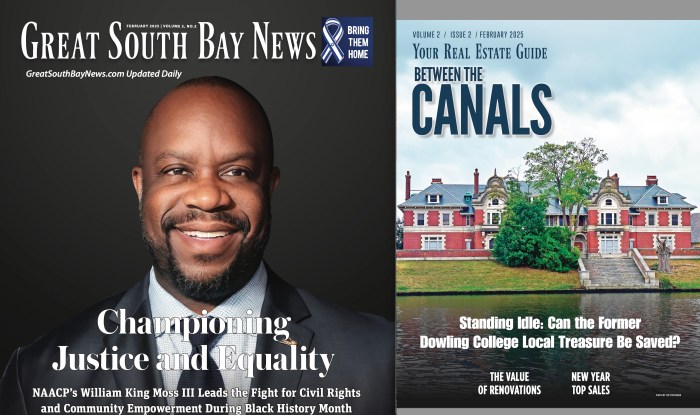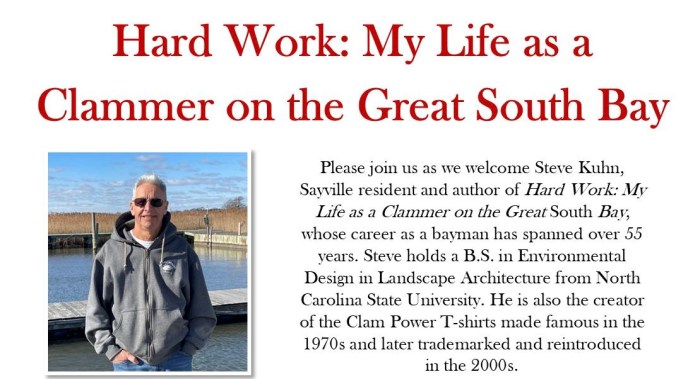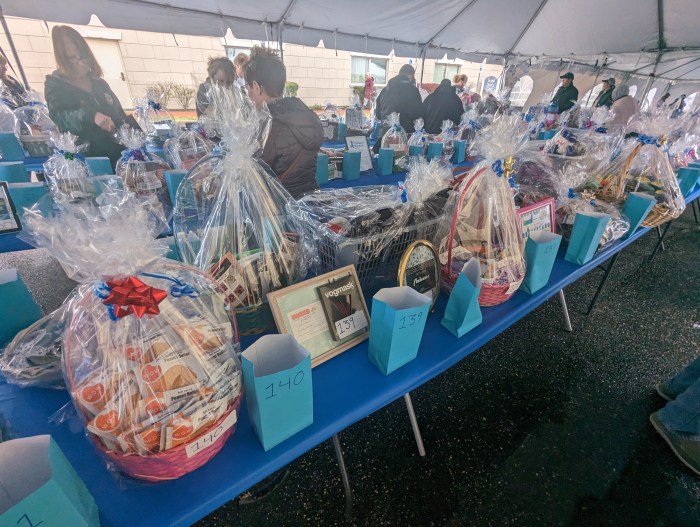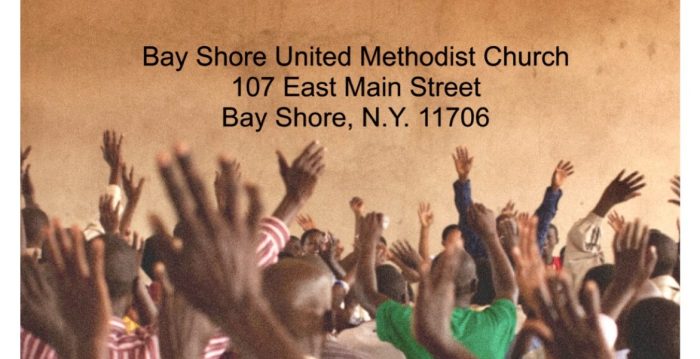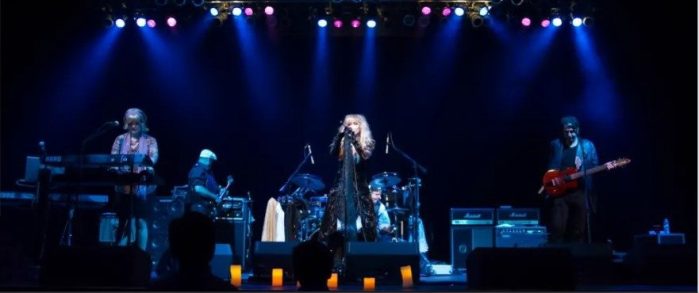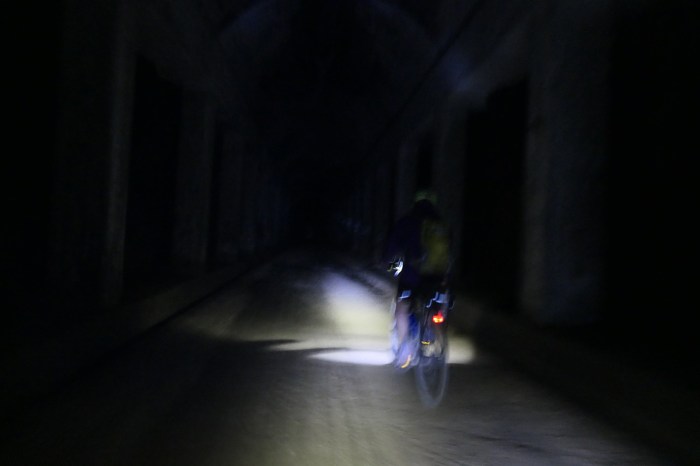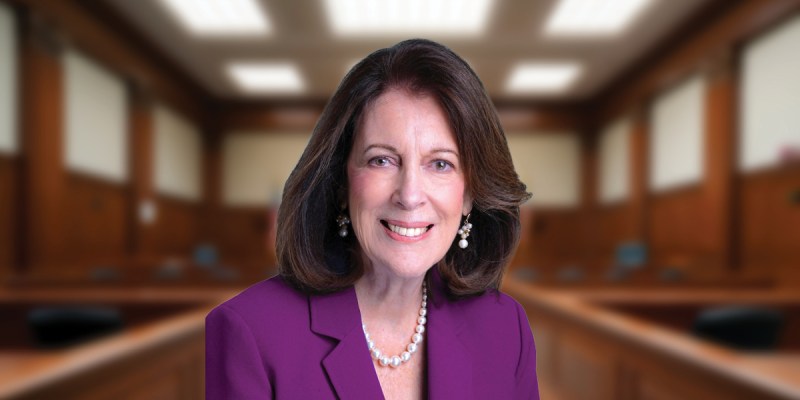
“The Profession: A Memoir of Community,
Race, and the Arc of Policing in America”
By Bill Bratton and Peter Knobler
Nonfiction / Penguin Press / $18 Paperback
By Rita Plush
A combination of memoir, cop stories and policing as a way of strengthening community, packed with detail and lively prose, “The Profession” is a book in full. Writing with Peter Knobler, Bill Bratton looks back on his 50-year career as America’s most high-profile police officer. He was police commissioner in Boston (1993) and Los Angeles (2002), and in New York City in 1994 and 2014.
Rising from the rank of street cop to top cop, Bratton was New York’s commissioner of transit police in 1990, where he cleaned up transit crime and graffiti on subway cars. Always pushing himself to find solutions, Bratton strove to motivate the police and get them to work with their public. “There has to be a better way of doing this,” he would often tell himself. A man with a plan, Bratton and his team created CompStat, a performance management system that reduces crime by information sharing and accountability among police. It has been used effectively nationwide.
Community. That word rings throughout the text.
Trust between a police force and its community is key to reducing crime, that is one of Bratton’s core beliefs. Without folks trusting the police, the police cannot be effective.
When he was called in to over- haul Boston’s police department, he had his chance to put theory into practice. He decided to tackle the high crime rate in their large Chinese community by appointing a less-than- polished beat cop to talk to them.
The group did not take well to his suggestions, “stormed out and went to headquarters screaming.” Bratton picked up the pieces and in time the faux pas was put to rest and the police were able to work with the Chinese.
Not shy about his capabilities, Bratton reports that he was called to Los Angeles as “the only person in America who would turn the department around.” But he is also aware of his limits, acknowledging that he was not a dazzling street-level detective and lacked basic gun skills.
He discusses “stop and frisk,” the strategy that allowed police to stop, interrogate, and search citizens whom they suspected of crimes. He helped implement that policy back in the ‘90s when he was NYC transit commissioner, but it came to haunt him in 2013 when it was considered racist and aimed at minorities. But Bratton is a man who believes in what he says, and says what he believes. He held to the strategy, saying the plan worked when crime was high.
He softens when he discusses George Floyd’s murder, “and it was 100 percent a murder – one of the worst things I have ever seen done to a person by a police officer.” A bad cop at his worst. Yet Bratton finds a “silver lining” in that horrible act because it brought our city’s own “systemic racism” to the surface.
And yet Bratton is hopeful. Though there is work to be done in order to give “fair and good policing to New York City … as recently as 2019, the NYPD had reduced crime in New York City to its lowest point since the Dodgers played in Brooklyn.”
Now, if the Dodgers playing in Brooklyn isn’t an up note, I don’t know what is.
But Bratton wants something more of us and his ending salvo circles back – or forward – to community. Because forward is where Bratton wants us to go. To cops and community collaborating in new programs, “to root out both bias and the biased, to refuse to tolerate brutality or aggression and to recognize each other’s humanity.”
It’s a job for us all. Are we up to the task?





